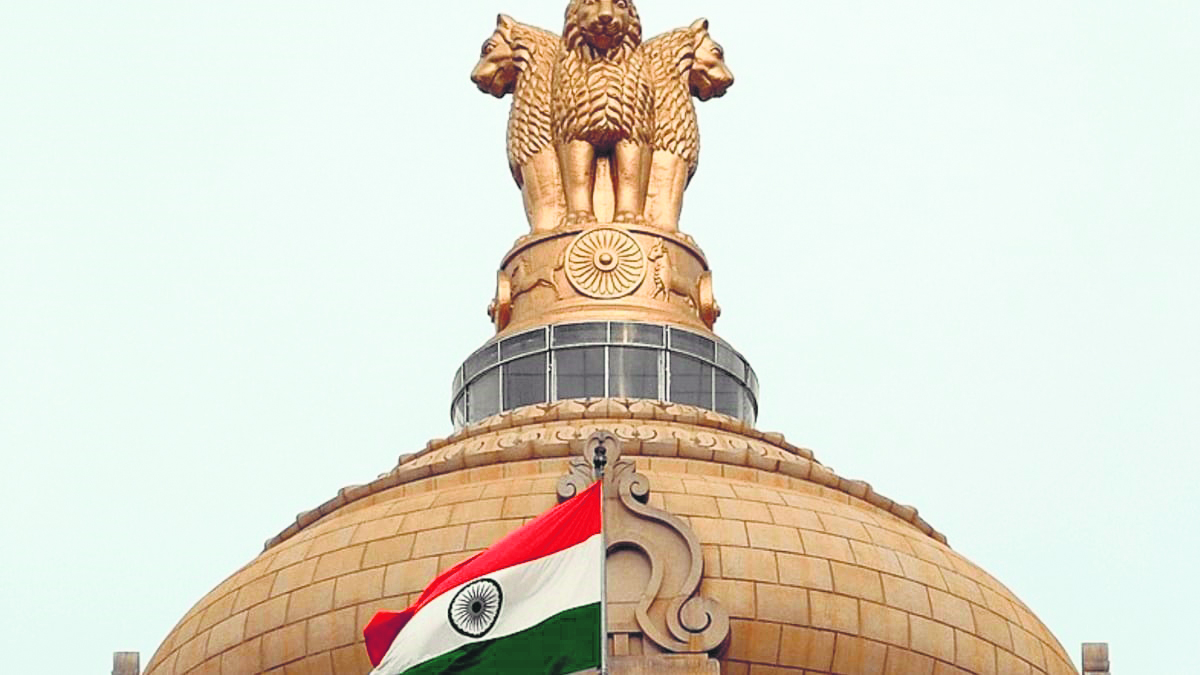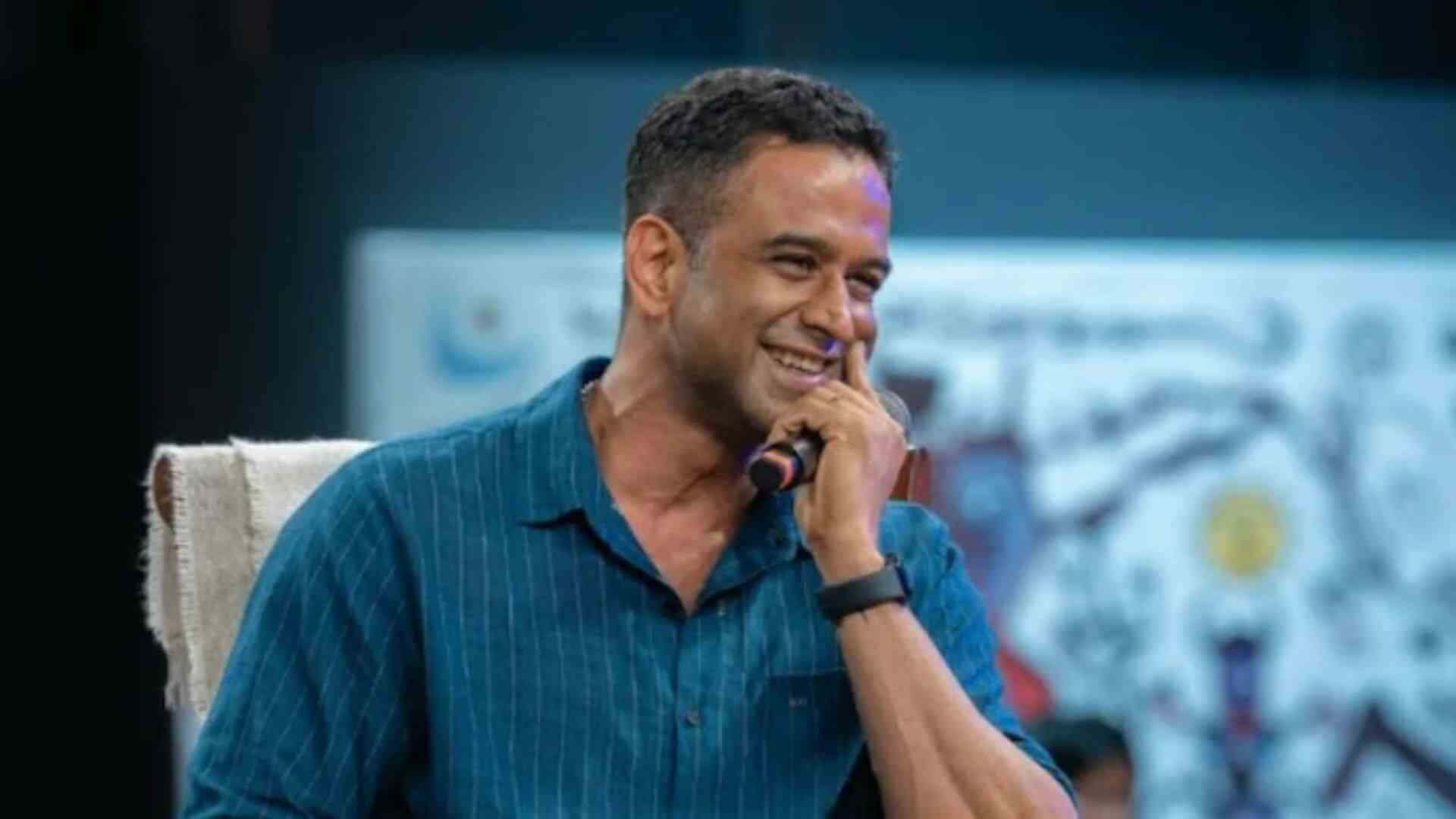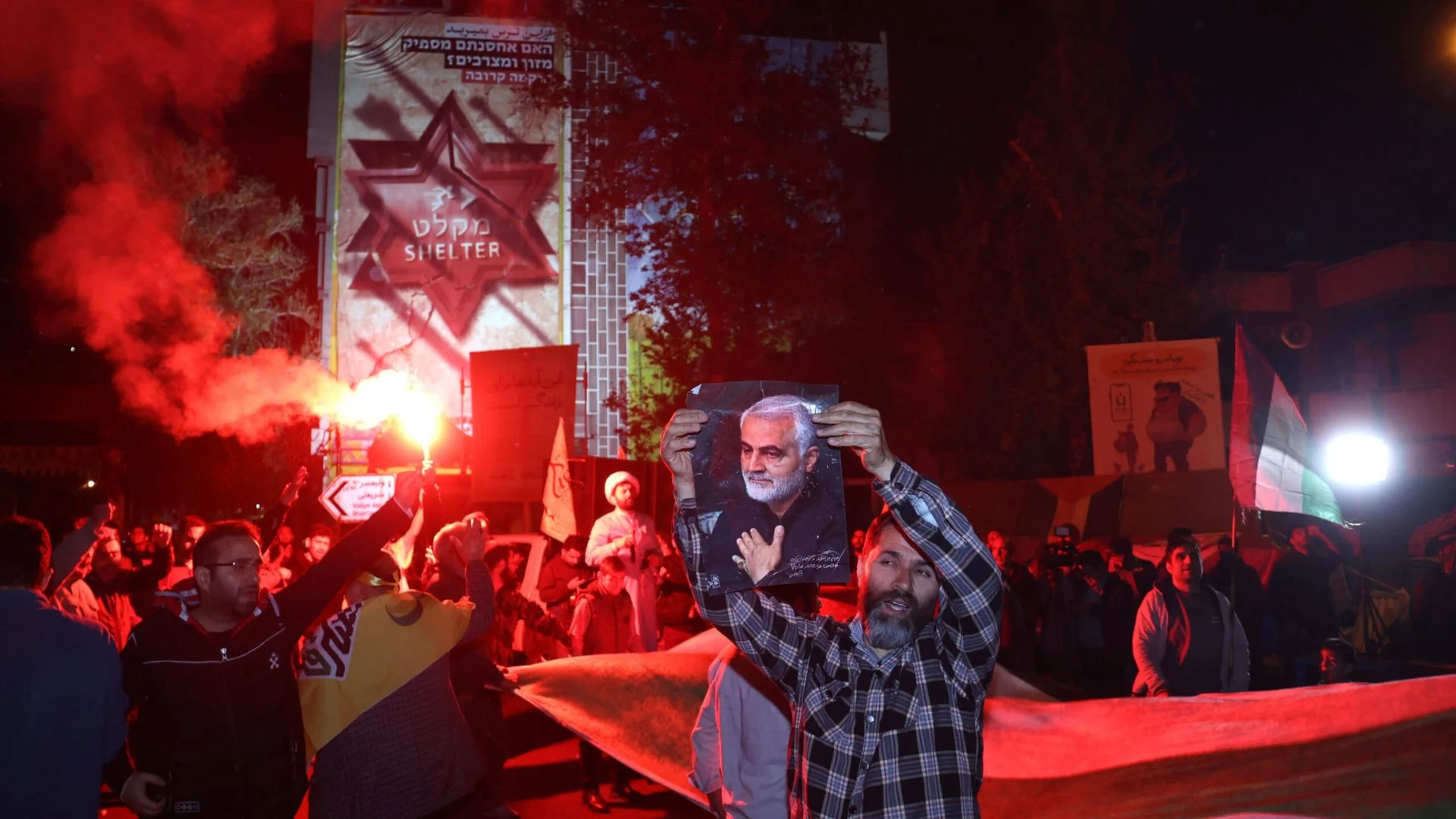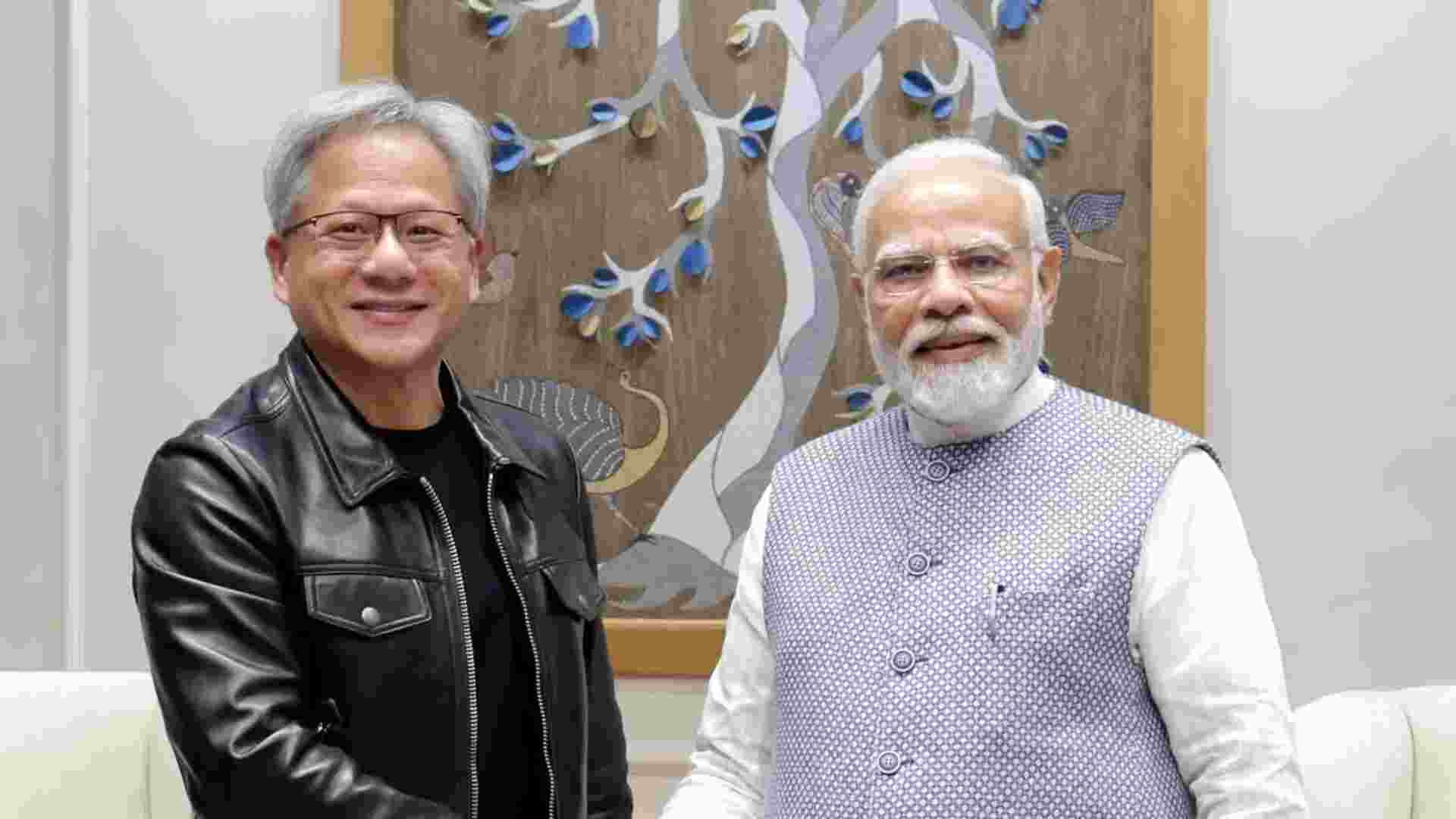
Indian politics has never lacked wit; humour has been an integral part of it. Vidushak, often the wittiest in a royal court, along with figures like Birbal or Tenali Ram, served as assets in a system perceived to be autocratic. Their humour not only enlivened the courts but also steered rulers away from numerous missteps. These witty individuals were not mere jesters; they exuded optimism, maintaining a lively atmosphere in the courts. Recall Kalidas portraying a person demanding a 50 percent share upon reaching the royal court, only to later request 100 lashes as his reward when King Dushyant sought to commend him. Such comedic instances were emblematic of how Indian courts, be they Dushyant’s or the Pallava ruler’s, operated.
Humour persisted both pre- and post-Independence. A notable compilation, “Humour in the House,” by the UP Legislative Council, captures witty moments in the legislative assembly since its inception in 1927. Surprisingly, even British officers exhibited a sense of humour.
The UP Council is not alone in compiling humour in the house. Rajya Sabha, that is in the news for mimicry of its chairman, has published two different compilations of lighter moments one in 1989 and the other 2003, when Yogendra Narayan was its secretary general.
A witty tea party has saved the UP Legislative Council in early 1960s. The opposition brayed for its abolition in UP Assembly when CB Gupta was chief minister. Amid din and uproar the assembly proceedings were adjourned. Leaders moved out of the house. An emissary of Gupta, soon reached top opposition leaders. Gupta had invited them for a tea. They walked in to his office. There was a lavish platter of snacks. Gupta also shared it with them all in lighter vein. It continued for some time. Nobody knew why the CM had called them after a raucous session. A curious opposition leader asked, “Bhaisahab, aapne kyon bulaya?” (Why have you called us?). Asking them to sit, he asked why they wanted abolition of the council. They gave their principled stand of it being a wastage and a way for backdoor entry to the legislature. Gupta then reeled out names of a dozen opposition leaders, who had lost the previous assembly polls. He asked, “Don’t you want them in the House?”. There was pin drop silence. Quietly the leaders moved out and trooped into the assembly. The session resumed. Never again such a demand was ever raised.
That’s wisdom. A small witty session cleared the logjam.
That is what the parliamentary affairs ministers do to make the house functional. Democracy is functional with wit, a safety valve. Are we missing it? Within the Congress party itself in Nehruvian era, many decisions were taken away from the portals of the main assembly room. The Central Hall in Parliament is the quiet spot where many hush hush parleys cleared logjams. Alas it is history now.
Congress itself was its own biggest critic. After the 1962 Chinese war, the then prime minister Jawaharlal Nehru justifying Chinese occupation of Aksai Chin said, “Not a blade of grass grows there”. Mahavir Tyagi, a minister in Jawaharlal Nehru’s cabinet, retorted pointing a finger at his bald head, “Nothing grows here, so should I chop it off?”. That is the strength of wit. Similar were Piloo Mody moments during prime minister Indira Gandhi’s time with his “I am a CIA agent poster”.
There are many interesting exchanges with Murli Manohar Joshi (BJP minister) and Laloo Yadav, his critique, during 1998-2004. In contemporary times, amid conspiracy theories and heated exchanges, shutting down dialogue and suspending members are not solutions. The question arises: have we become too serious? Mimicry, caricatures and jokes contribute to making Parliament sessions lively.
Aptly Nehru said, “I am not afraid of the opposition. I don’t want millions of Indians saying “yes” to one thing, that is not how intelligent human beings develop. I want opposition. I feel stale and weak if I have not got somebody to fight in Parliament”.
Yes, parleys must continue for democratic harmony with lighter moments.















